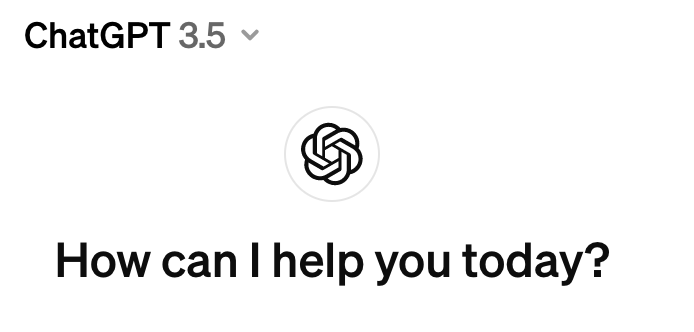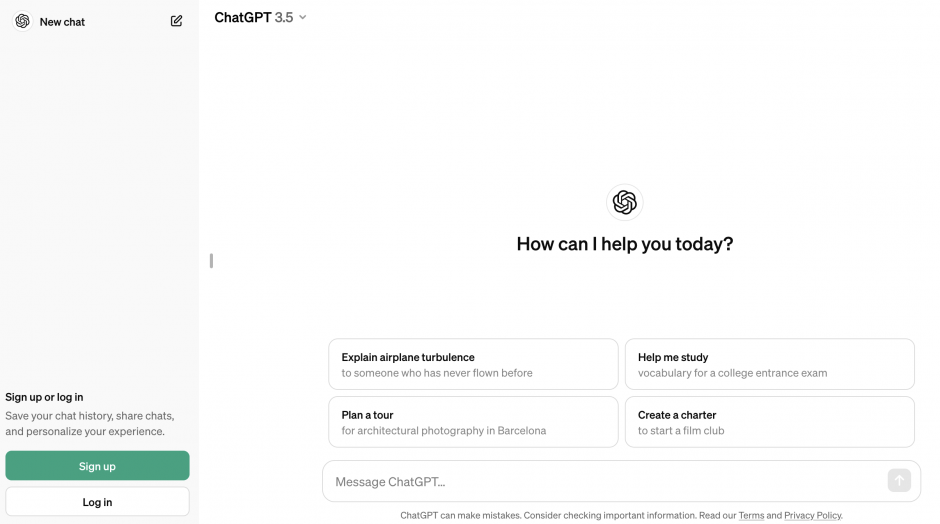GenAI Studio: News, Tools, and Teaching & Learning FAQs

These sixty minute, weekly sessions – facilitated by Technologists and Pedagogy Experts from the CTLT – are designed for faculty and staff at UBC who are using, or thinking about using, Generative AI tools as part of their teaching, researching, or daily work. Each week we discuss the news of the week, highlight a specific tool for use within teaching and learning, and then hold a question and answer session for attendees.
They run on Zoom every Wednesday from 1pm – 2pm and you can register for upcoming events on the CTLT Events Website.
News of the Week
Each week we discuss several new items that happened in the Generative AI space over the past 7 days. There’s usually a flood of new AI-adjacent news every week – as this industry is moving so fast – so we highlight news articles which are relevant to the UBC community.
Here’s this week’s news:
Gemini 1.5 Pro Now Available in 180+ Countries: Google’s Gemini 1.5 Pro is now in public preview, featuring advanced capabilities such as native audio understanding, system instructions, and a JSON mode, enhancing the user experience significantly.
Introducing Command R+: A Scalable LLM Built for Business: Cohere has introduced Command R+, a scalable large language model (LLM) developed in partnership with Microsoft Azure, focusing on business applications. The platform promises to provide versatile AI solutions for enterprise needs.
Mixtral 8x22B: Mistral has unveiled Mixtral 8x22B, their latest open-source large language model. This new model builds on the success of their prior model, the 8x7B, enhancing its mixture of experts’ architecture. Maintaining their unique approach, Mistral opted for a low-key announcement, sharing the release through a simple tweet containing a download link. This method of unveiling aligns with their distinctive style, which favors direct engagement with the tech community and encourages widespread adoption and experimentation by developers and researchers alike.
Anthropic Unveils Tool Use Capability for Claude 3: Anthropic has enhanced its AI, Claude 3, with a new tool-use capability. This improvement aims to provide more effective and versatile AI interactions, further advancing the technology’s utility.
Introducing Stable Audio 2.0: Stability AI has released Stable Audio 2.0, a significant update that offers enhanced audio generation capabilities. This new version promises to provide more refined and versatile audio solutions.
LMSys Chatbot Arena Leaderboard: Hugging Face showcases the latest in AI chatbot technology with its LMSys Chatbot Arena Leaderboard. This platform highlights the most advanced chatbots, providing a competitive landscape for AI developers.
Stability AI unveils 12B parameter Stable LM 2 model: Stability AI has introduced its new 12 billion parameter Stable LM 2 model, alongside an updated 1.6 billion parameter variant. These models represent significant advancements in AI capabilities and potential applications.
OpenAI GPT-4 Turbo and GPT-4: OpenAI’s GPT-4 Turbo, an enhanced version of the original GPT-4, is now available. It provides improved capabilities, a larger context window, and more cost-effective usage, being 3X cheaper for input tokens and 2X cheaper for output tokens than its predecessor.
Tool of the Week
Each week we demonstrate a Generative AI tool that can be used within teaching and learning. The GenAI space is evolving rapidly, and as such we demo new tools or new ways people use those tools.
As a reminder not all tools we showcase have successfully been through the PIA process at UBC.

This week’s Tool of the Week: ChatGPT 3.5
This week’s tool highlight is ChatGPT 3.5, a significant evolution in AI conversational models. As an iteration that no longer requires user login, it offers broader accessibility and convenience, making advanced AI interactions available to an even wider audience. Its enhanced algorithms and language understanding provide richer, more nuanced conversations, supporting various user queries with improved precision.

Among the notable features is the ability for users to opt out of contributing their interactions to future model training. Disabling this setting ensures that one’s data remains private and is not utilized in the continual learning process of the AI, which some users may prefer for personal or privacy reasons. To disable this you must navigate the settings window and toggle off “Improve the model for everyone”
Questions and Answers
Each studio ends with a question and answer session whereby attendees can ask questions of the pedagogy experts and technologists who facilitate the sessions. We have published a full FAQ section on this site. If you have other questions about GenAI usage, please get in touch.
-
Assessment Design using Generative AI
Generative AI is reshaping assessment design, requiring faculty to adapt assignments to maintain academic integrity. The GENAI Assessment Scale guides AI use in coursework, from study aids to full collaboration, helping educators create assessments that balance AI integration with skill development, fostering critical thinking and fairness in learning.
-
How can I use GenAI in my course?
In education, the integration of GenAI offers a multitude of applications within your courses. Presented is a detailed table categorizing various use cases, outlining the specific roles they play, their pedagogical benefits, and potential risks associated with their implementation. A Complete Breakdown of each use case and the original image can be found here. At […]